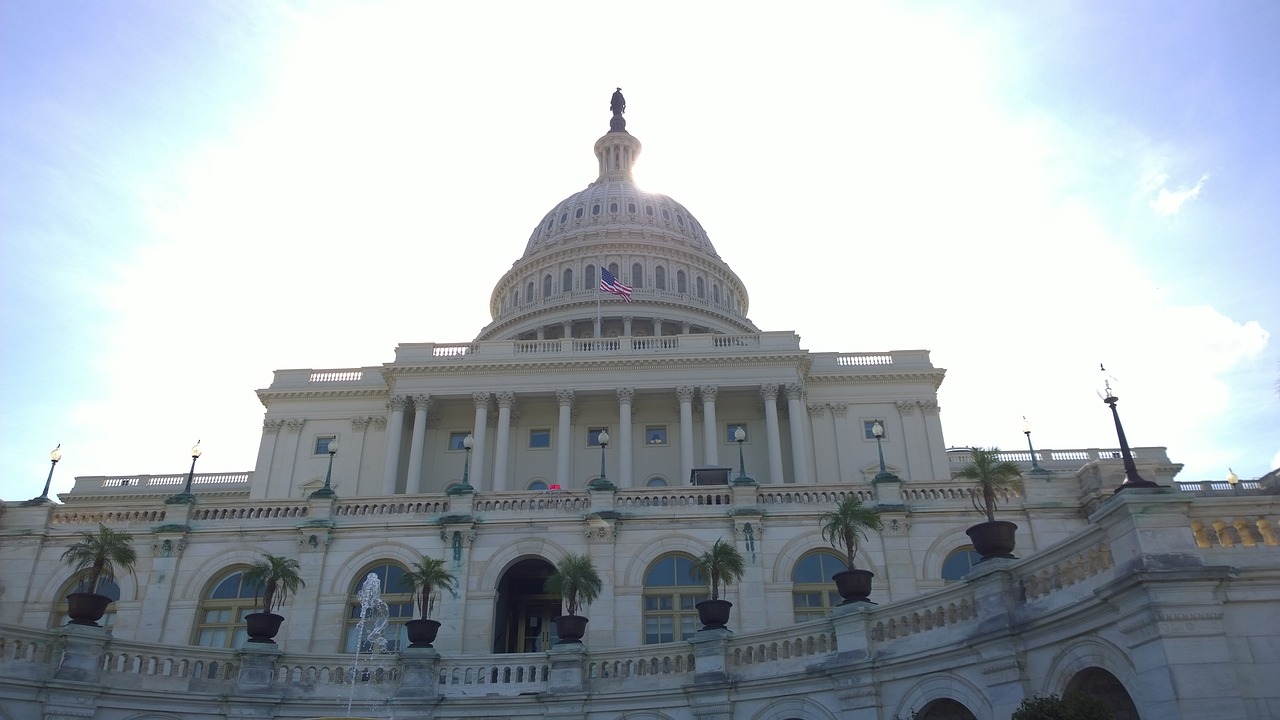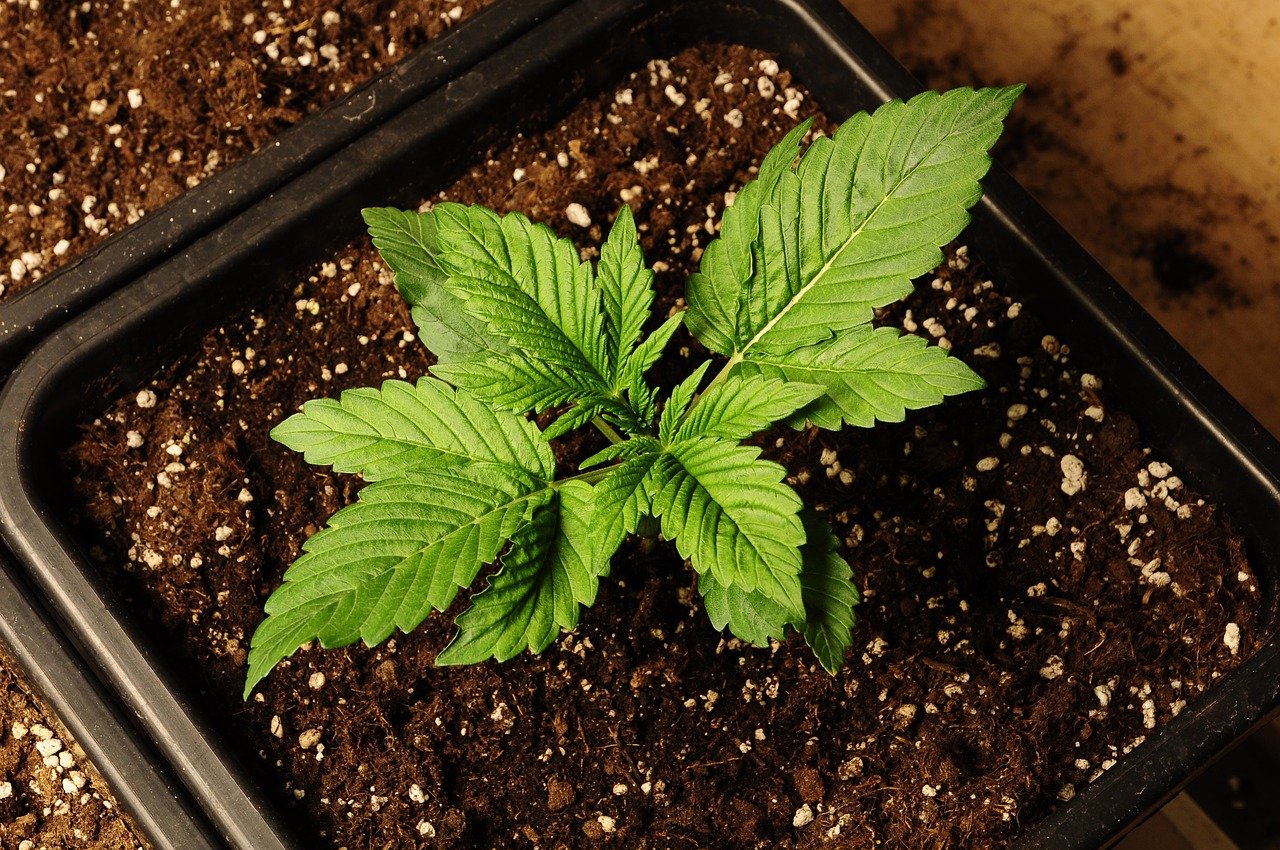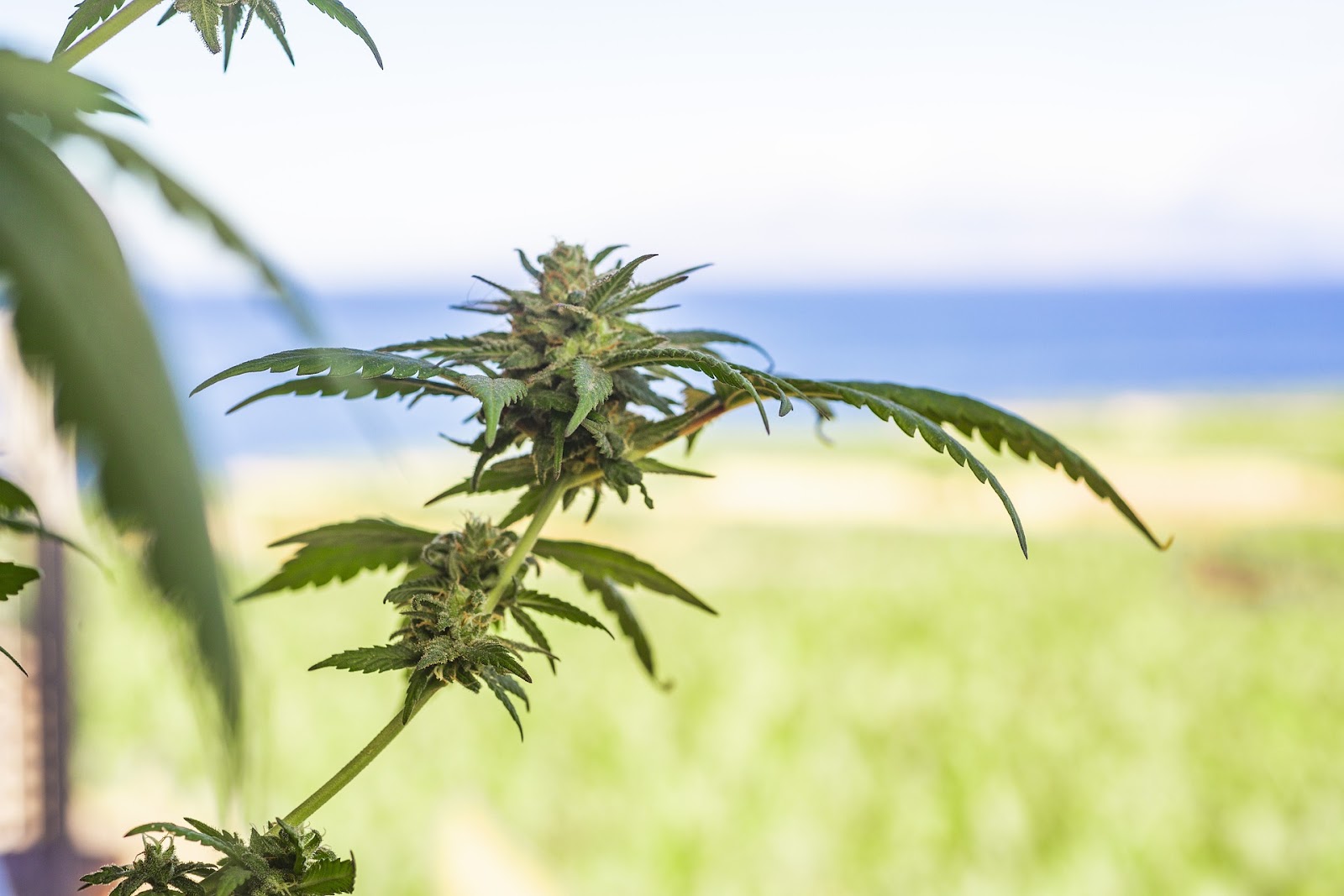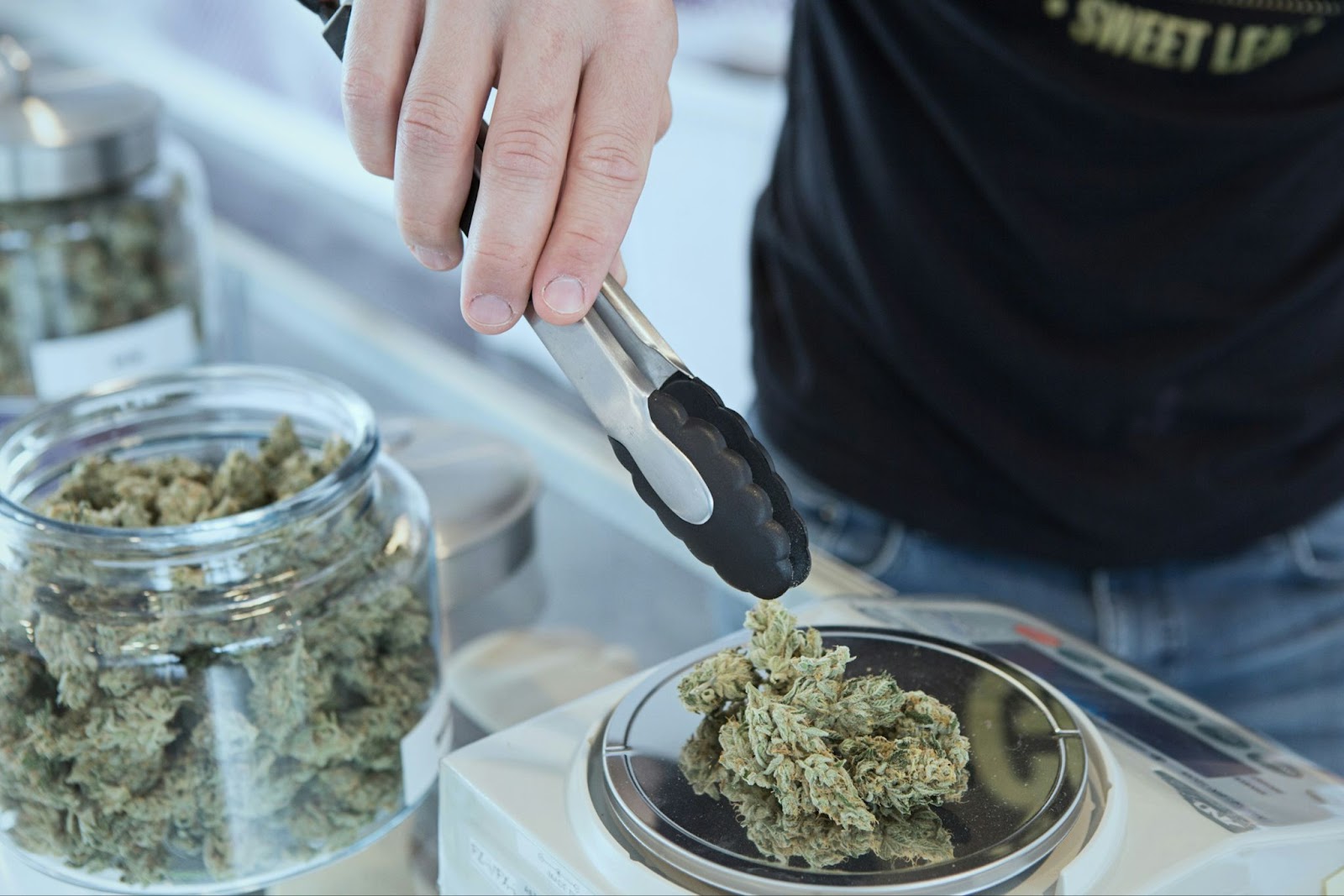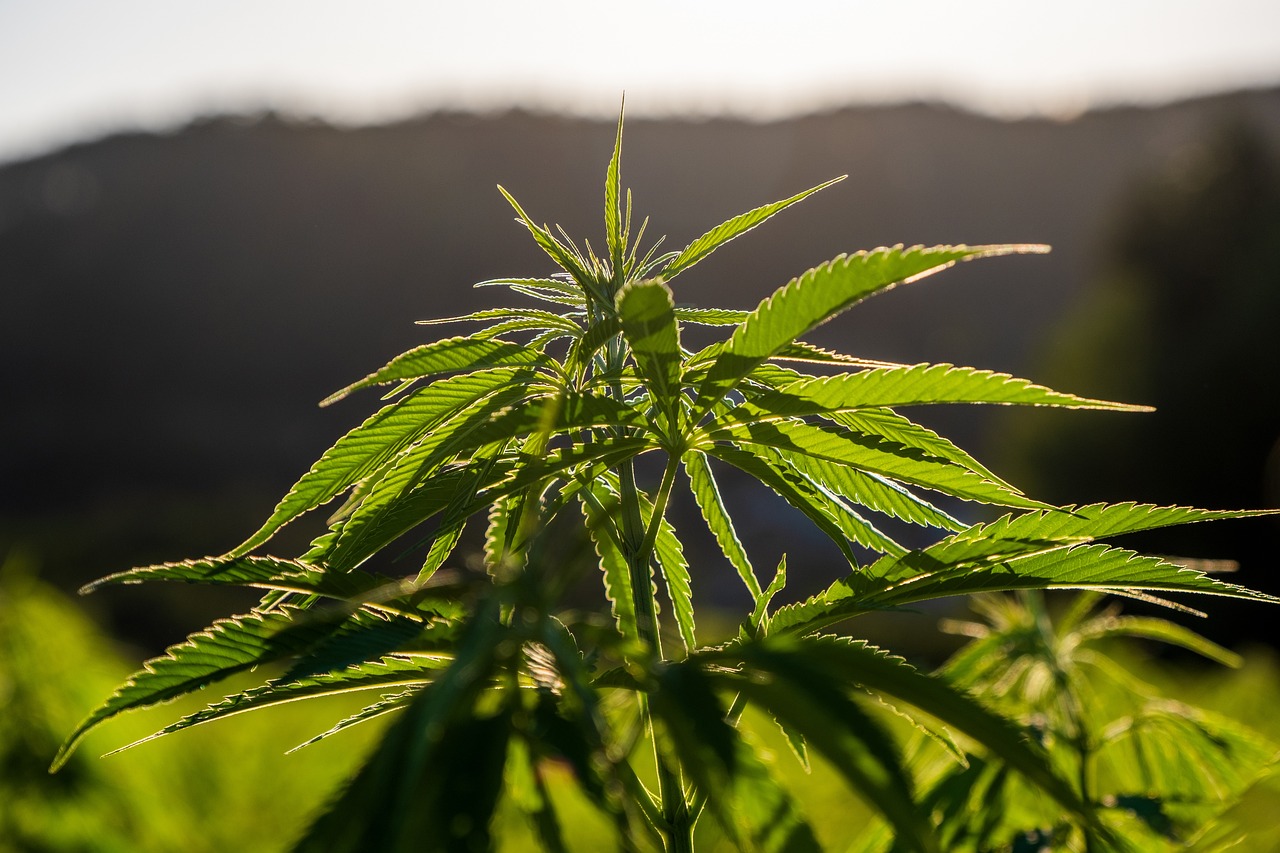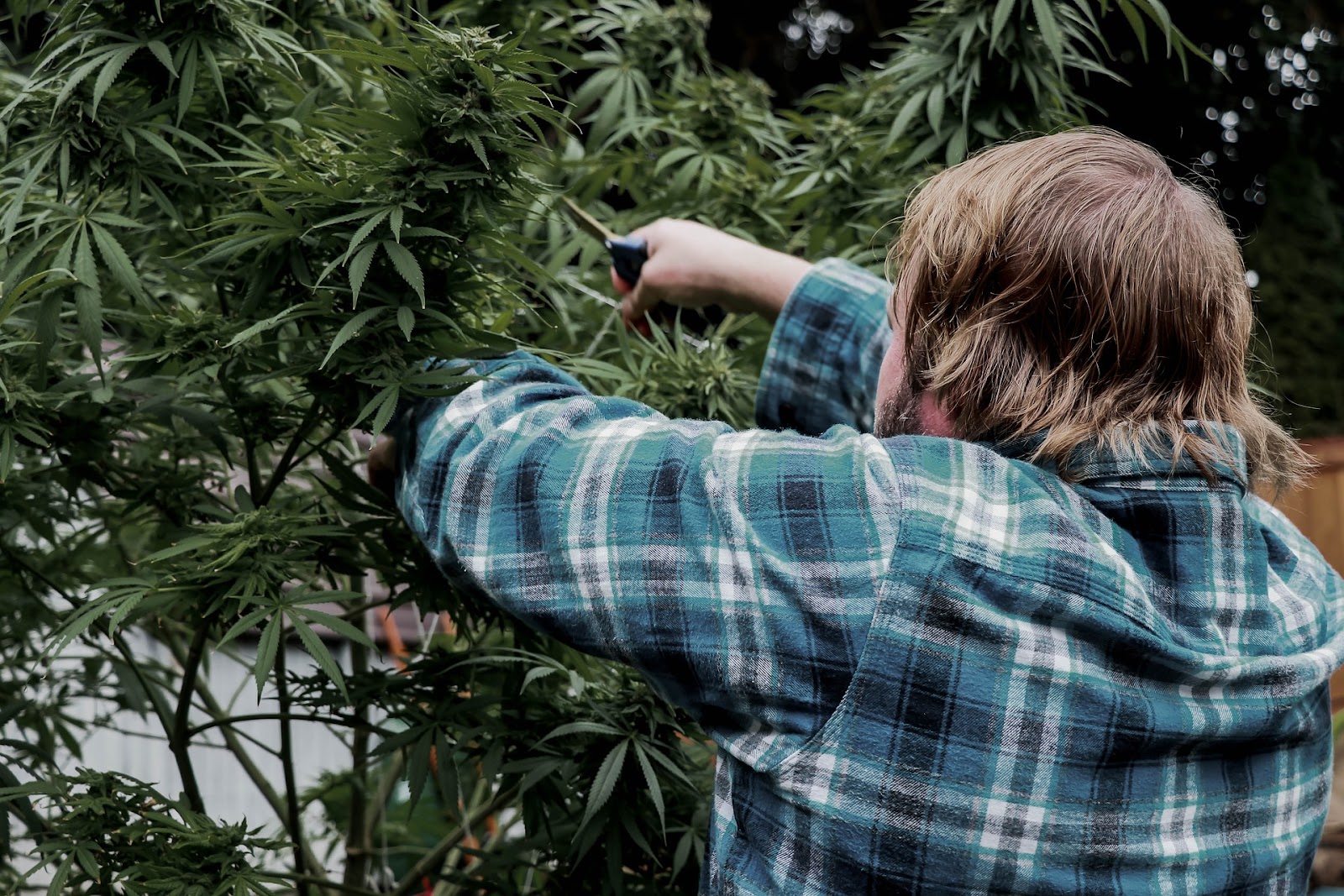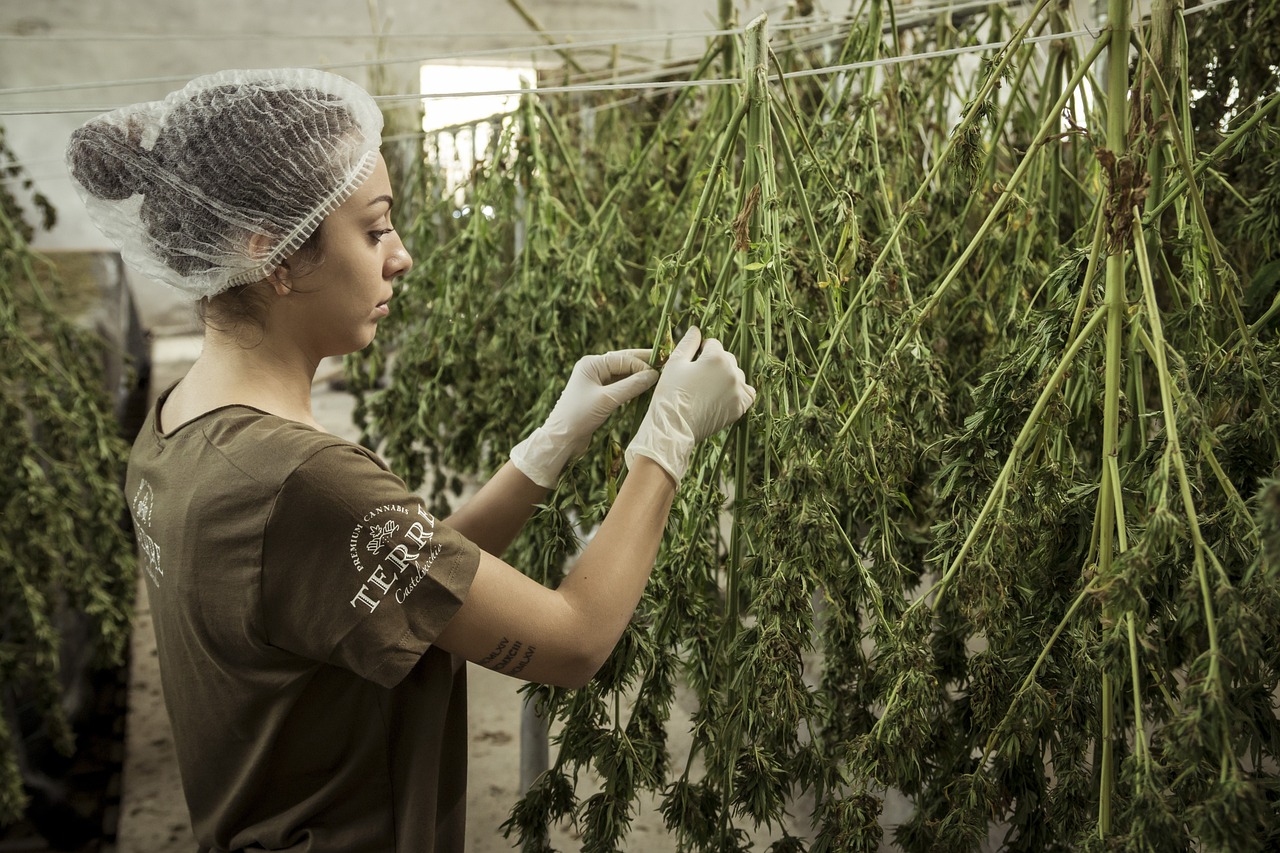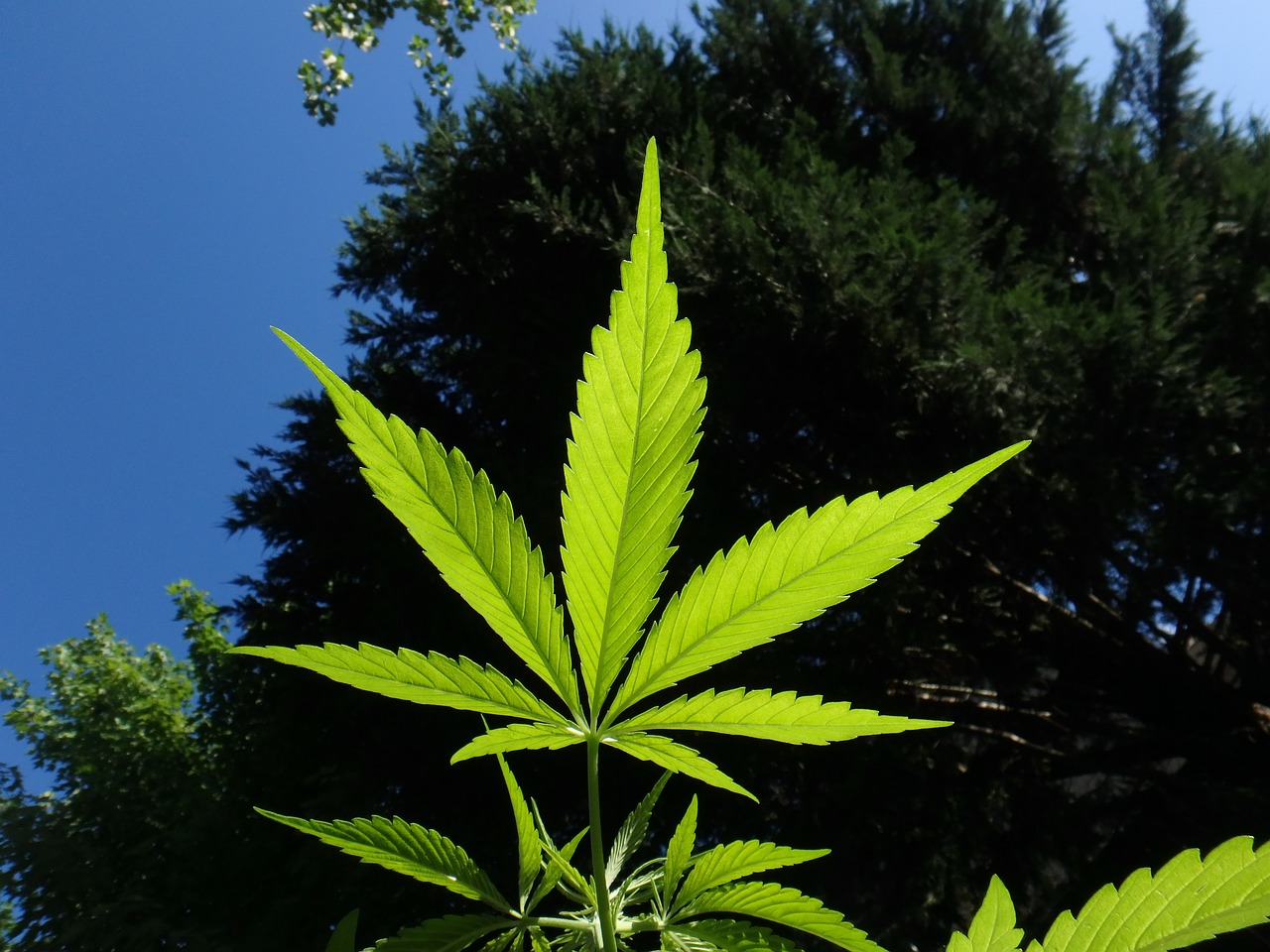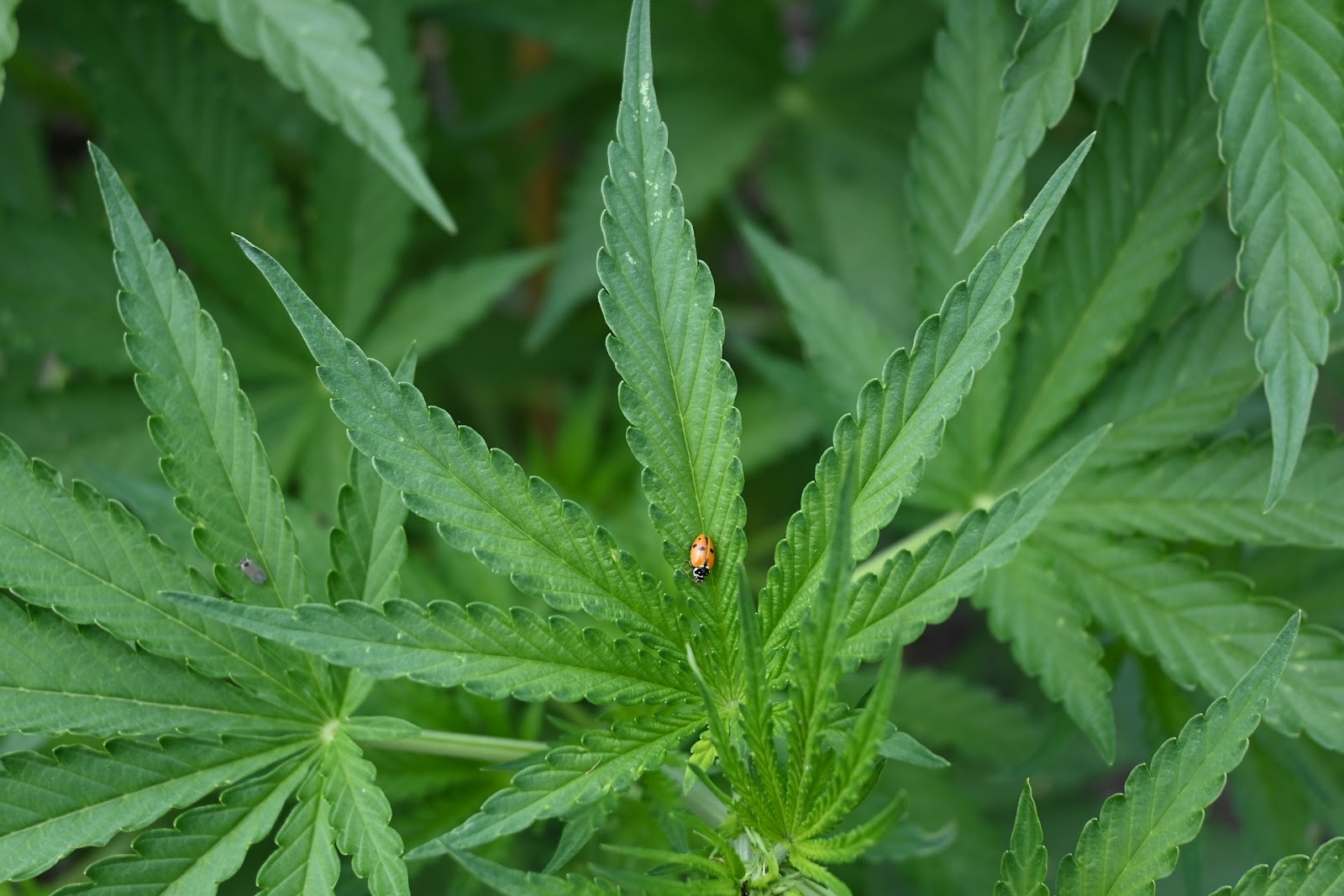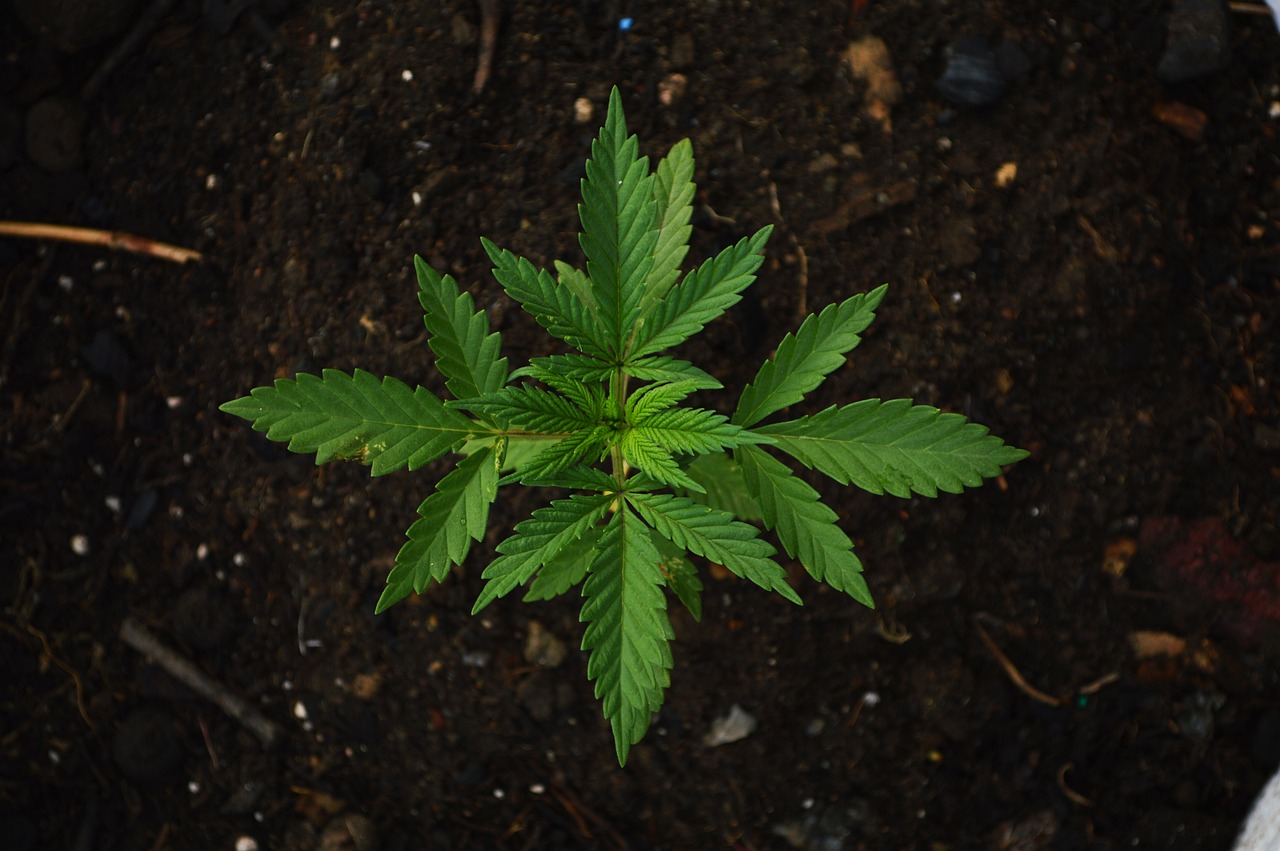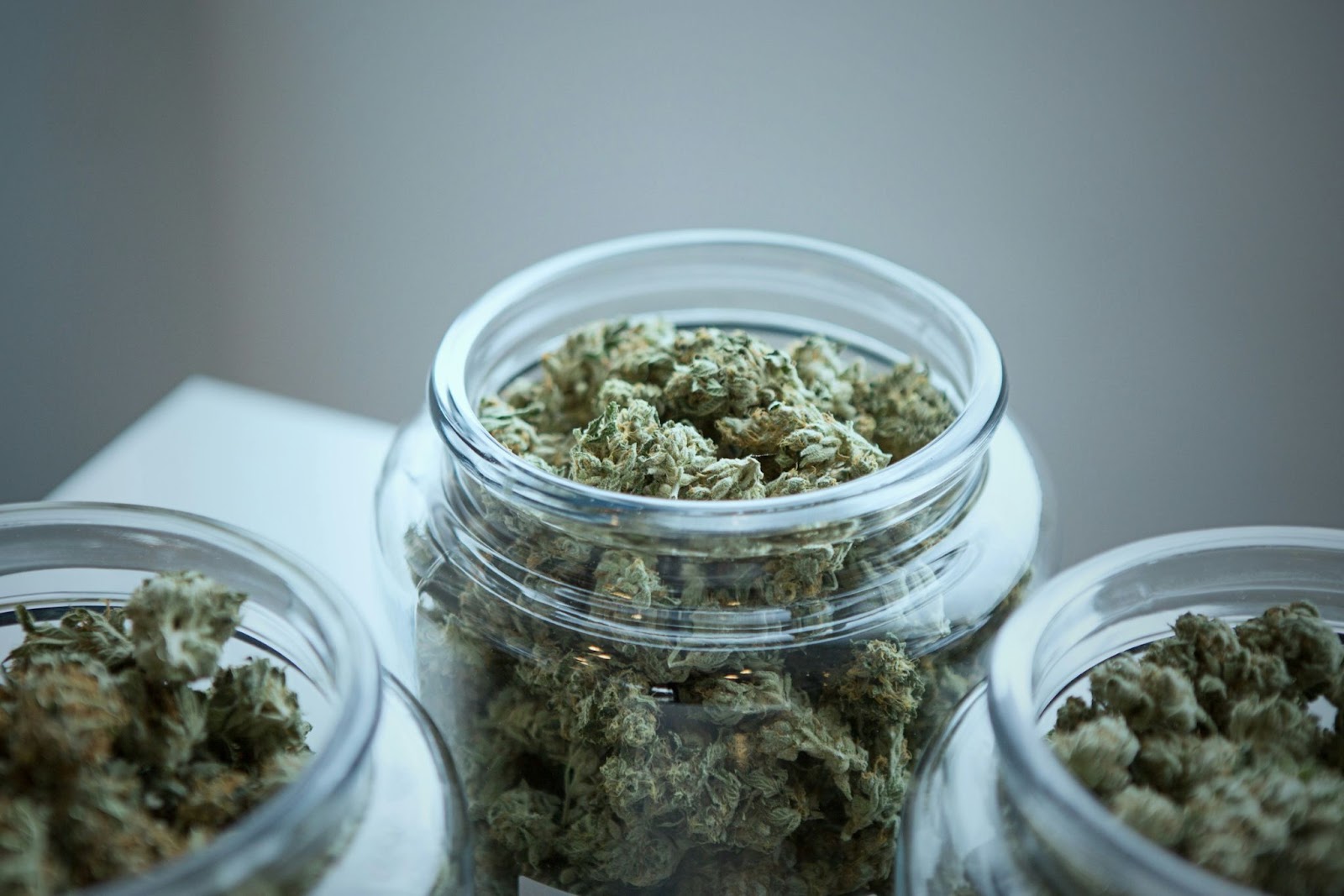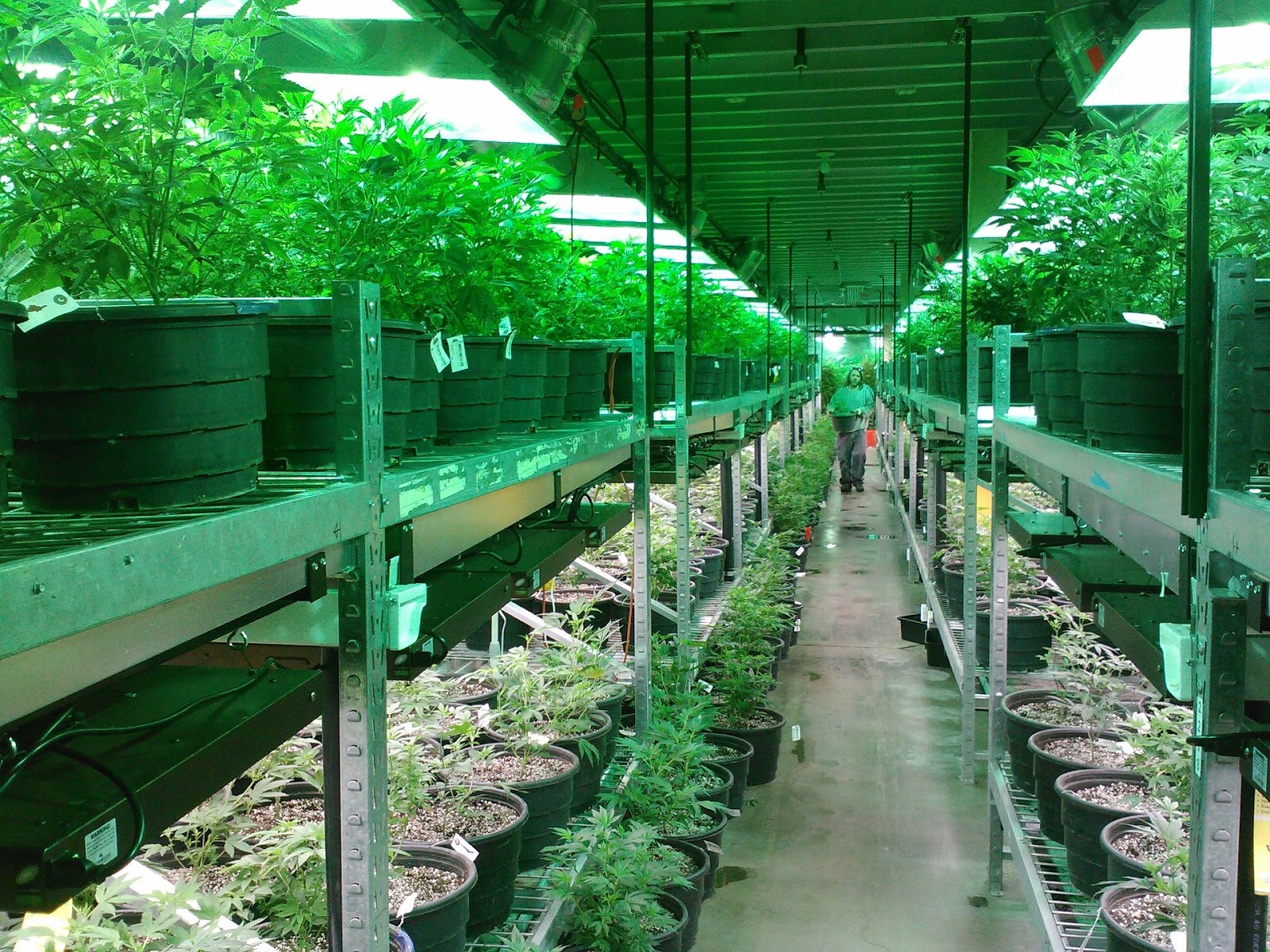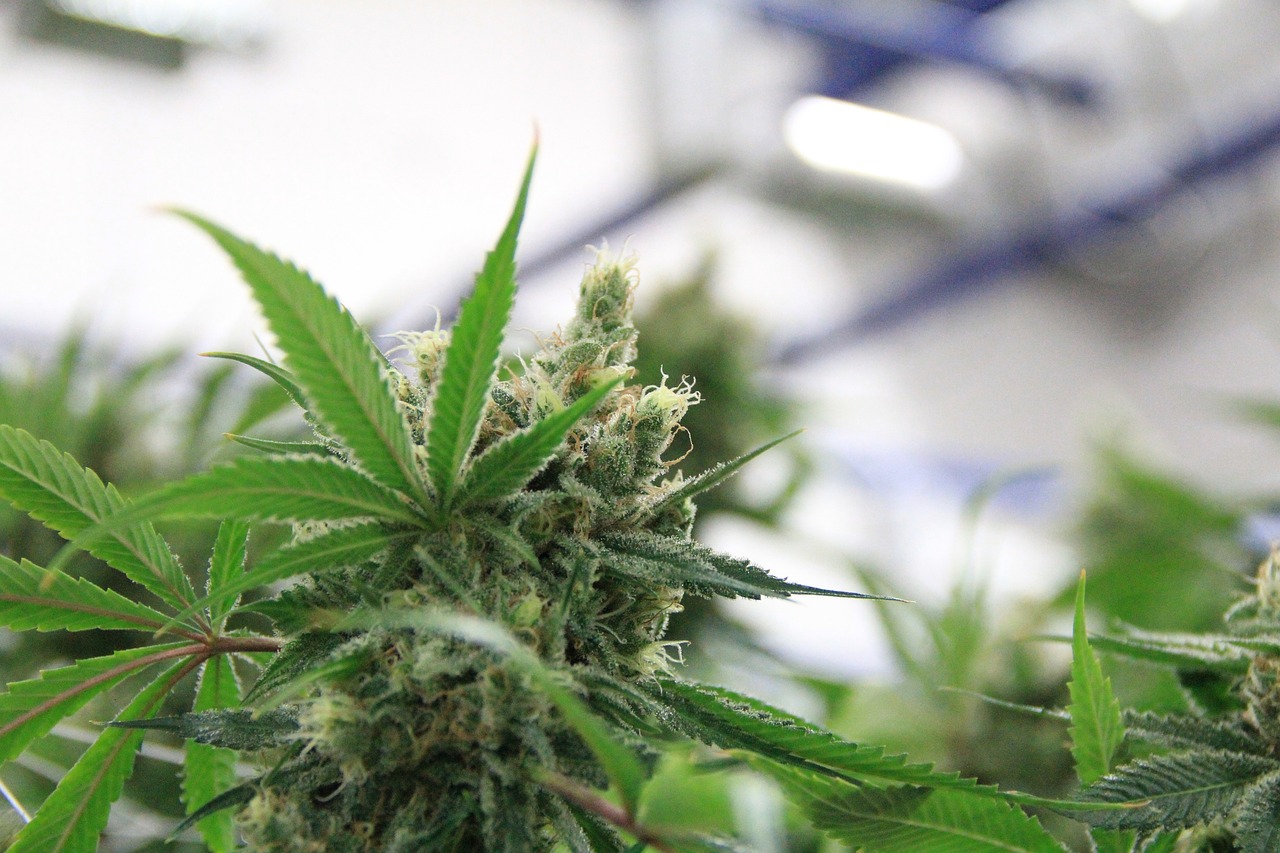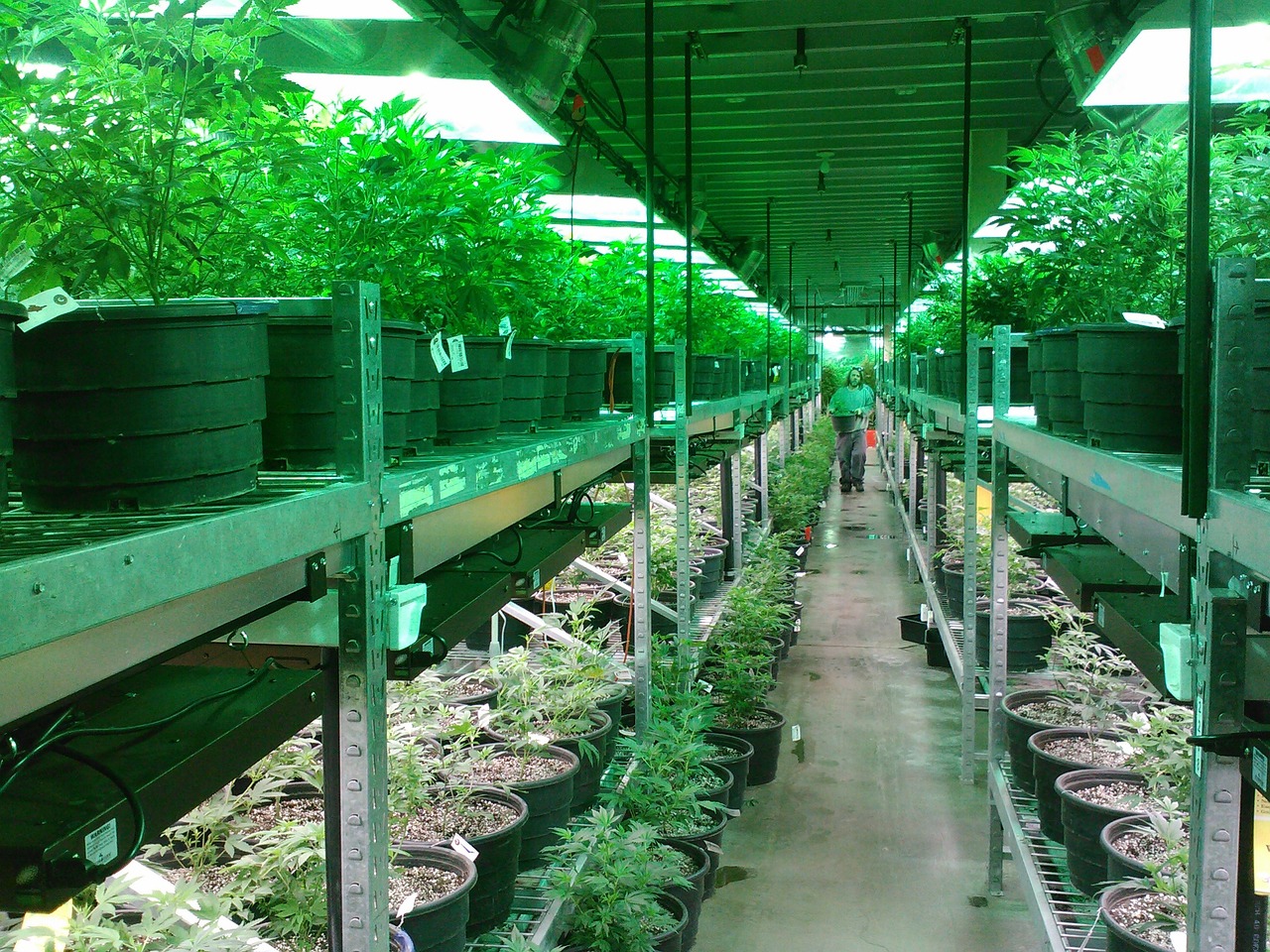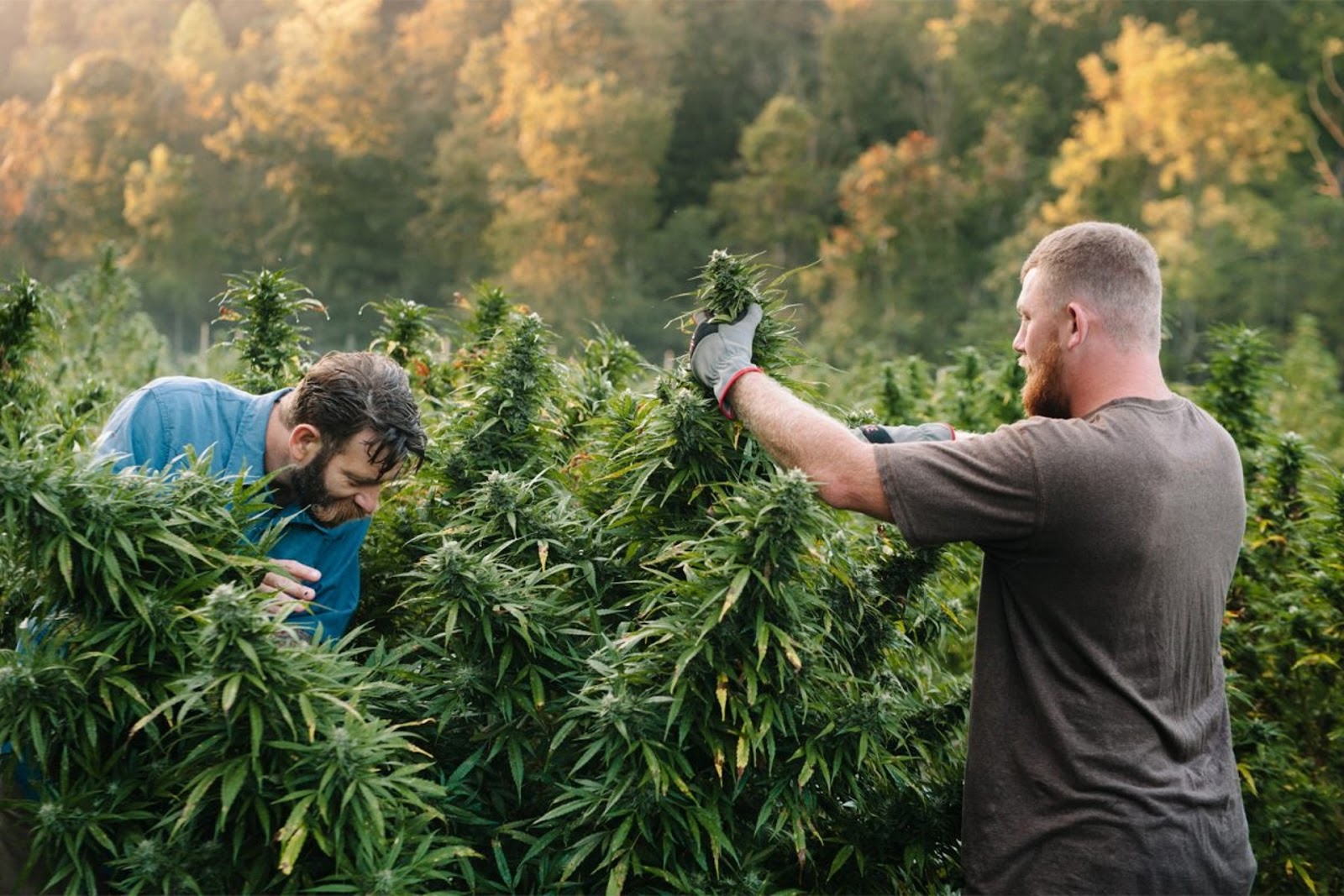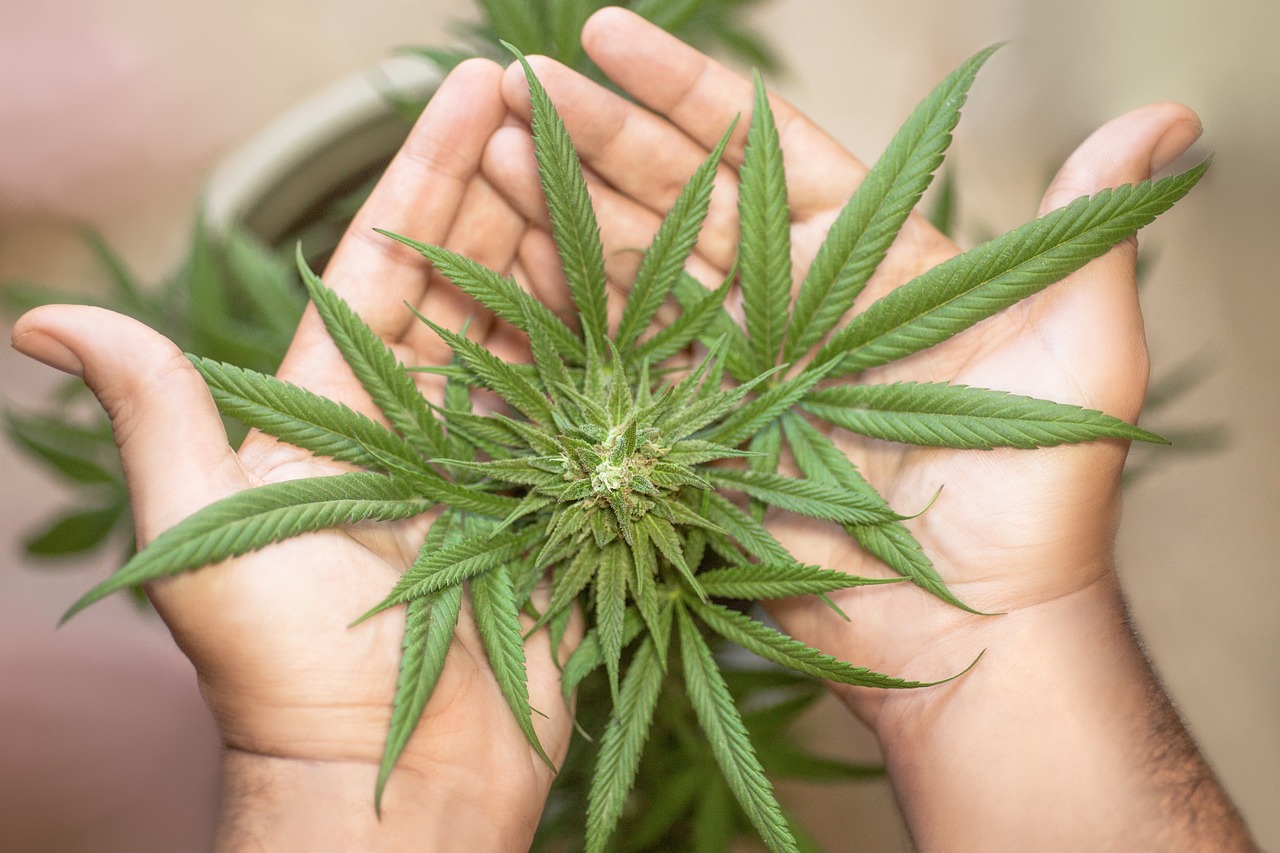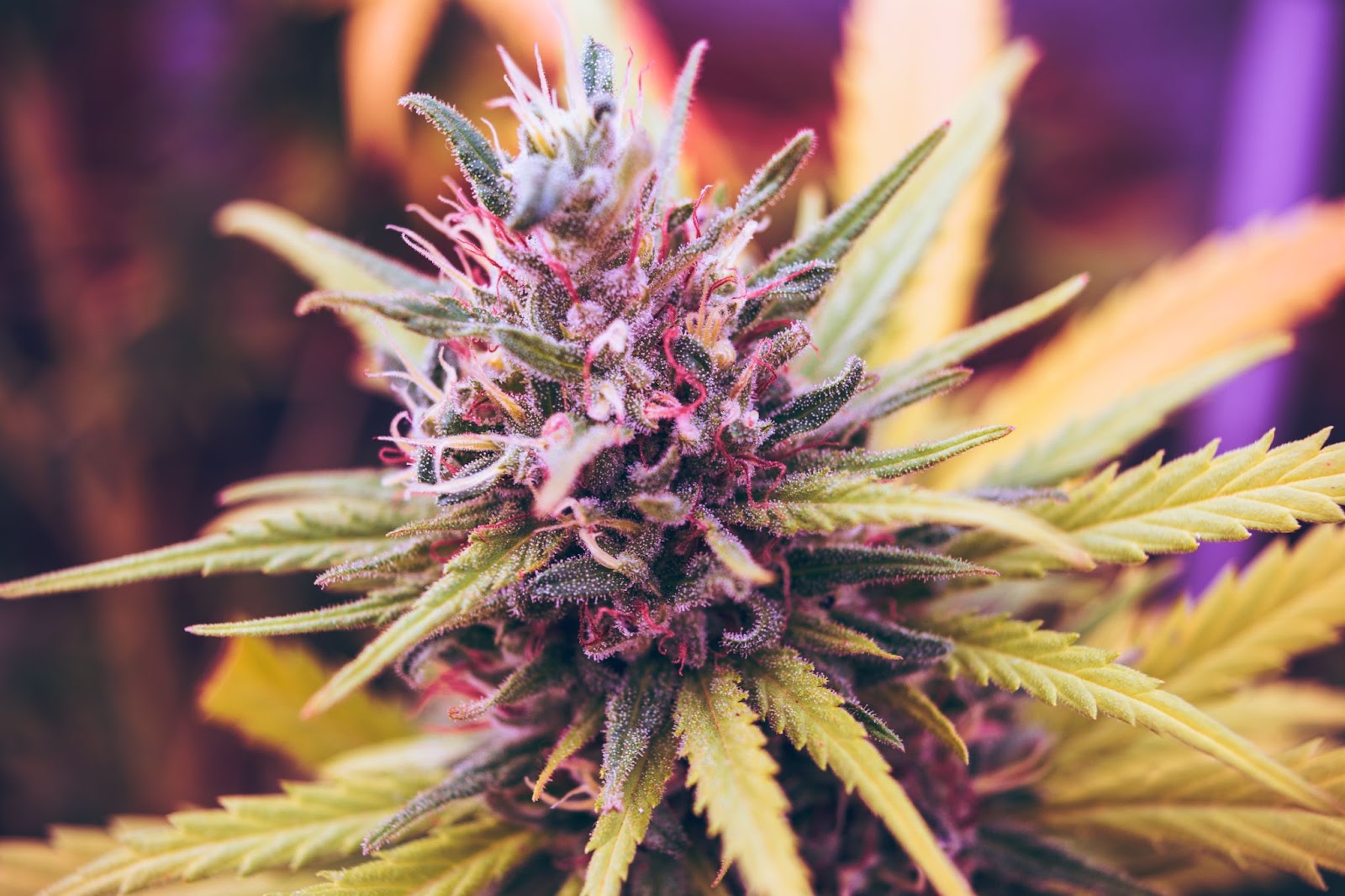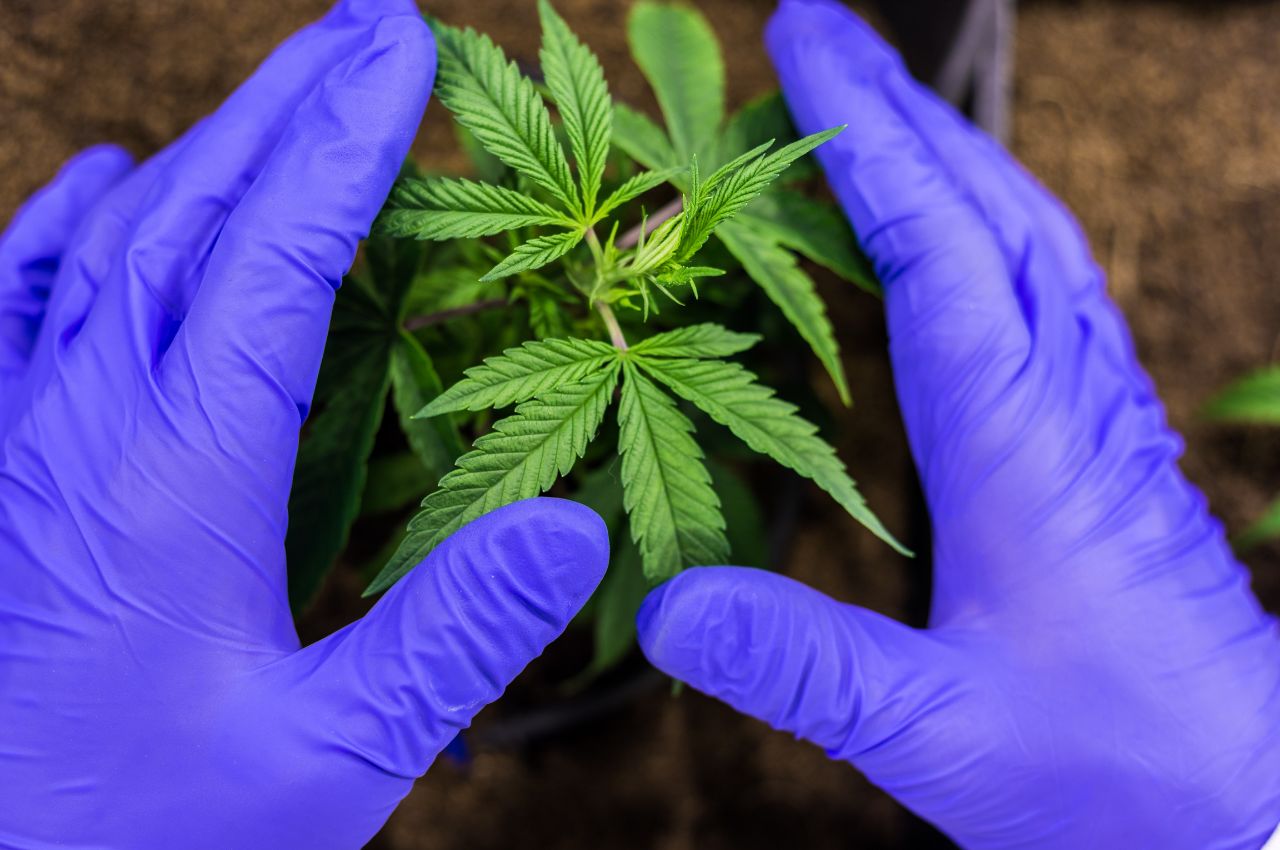Colorado has made quite a mark in the cannabis industry since the state initiated legalized adult use in 2014. These retailers have raked in over $15 billion from legal marijuana sales. This booming business hasn’t just benefited the private sector and generated a staggering $2.5 billion in tax revenue, which the state has channeled into various public programs and services.
By August 2023, Colorado’s total legal cannabis sales amounted to $15,028,995,376. Within this year alone, they’ve achieved sales of $1,052,517,913. The latest data, as presented by the Colorado Department of Revenue (CDOR) in a recent press release, highlights the tax revenue accumulated over the past nine years—an impressive sum of $2,554,160,551 as of September.
The flourishing state of the cannabis market is resonating with the administration. A spokesperson for Governor Jared Polis proudly acknowledged the growth and potential of the industry. According to them, under Governor Polis’s progressive policies, the marijuana industry has fortified and significantly contributed to Colorado’s thriving economy, creating numerous jobs. Governor Polis has expressed enthusiasm for the industry’s potential, emphasizing its role in generating tax revenue crucial for local governments and school construction.
It’s essential to note Colorado’s pioneering role as the trailblazer in launching recreational marijuana sales after the 2012 ballot approval. These sales peaked in 2021, hitting the $2.2 billion mark. Although there’s been a slight decline recently, sales have been relatively stable over the past few years.

A revealing analysis from the state’s nonpartisan Legislative Council Staff in August showcased that Colorado’s cannabis tax revenue surpassed that of alcohol or cigarettes in the last fiscal year. An astounding $280 million from cannabis taxes was funneled into several government programs, from K-12 education to health care.
Colorado efficiently uses the tax revenue from marijuana sales. These funds support myriad services: substance abuse treatment, early childhood literacy, youth mentorship, anti-bullying initiatives, law enforcement training, affordable housing projects, and even research and operations to combat the illicit market. The tax structures include a 2.9% sales tax on cannabis, a 15% tax on retail products, a 15% retail excise tax on wholesale transactions, and revenue from cannabis business licenses and applications.
Governor Polis, a staunch proponent of cannabis legalization, is eager to see further expansion in the sector and advocates for more comprehensive federal reforms. He seeks not only enhancements in the cannabis banking system but also reforms in immigration, criminal justice, and federal enforcement related to cannabis.
Though Colorado’s sales have decreased slightly, other states have showcased record-breaking sales figures. Illinois, for instance, reported a staggering $1.5 billion in cannabis sales in 2023, while Connecticut recorded over $25 million in sales in September.
Back in Colorado, besides boosting the cannabis industry, Polis has initiated other reforms. Recently, he signed a bill allowing online marijuana sales and another to enhance protections for marijuana-related professional endeavors.
Colorado’s journey in the marijuana industry showcases the potential benefits and growth possibilities from legalization, setting a precedent for others to follow.








































